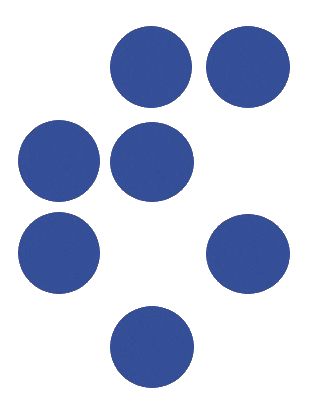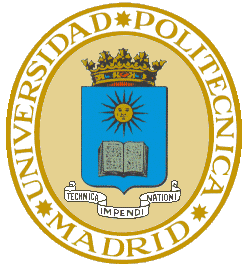The Posters and Demos session at EKAW 2024 aims to complement the research track by providing an opportunity to present and discuss late-breaking results, on-going projects and innovative prototypes. The informal setting of the P&D session encourages presenters and participants to engage in discussions about the presented work. Such discussions can be invaluable inputs for the future work of the presenters, while offering participants an effective way to broaden their knowledge of the emerging research trends and to start collaborations with other researchers.
We invite submissions relevant to the area of knowledge management, knowledge representation, engineering and acquisition, knowledge transfer, and knowledge in use; paying special attention to the EKAW 2024 focus on Knowledge in the Age of Language Models. Technical posters, reports on software systems, descriptions of completed work, and work in progress are all welcome. All submissions, including those related to LMs, should establish a clear connection to Knowledge Engineering and Knowledge Management or demonstrate an impact on the field.
Demonstrations are intended to showcase innovative knowledge engineering related implementations and technologies. All submissions are intended to convey a scientific result or work in progress and should not be advertisements for commercial software packages.
Accepted Posters should apply the following requirements:
- Size: Posters should be A0 size in portrait orientation.
- Design: Posters must include the conference logo. Download image

